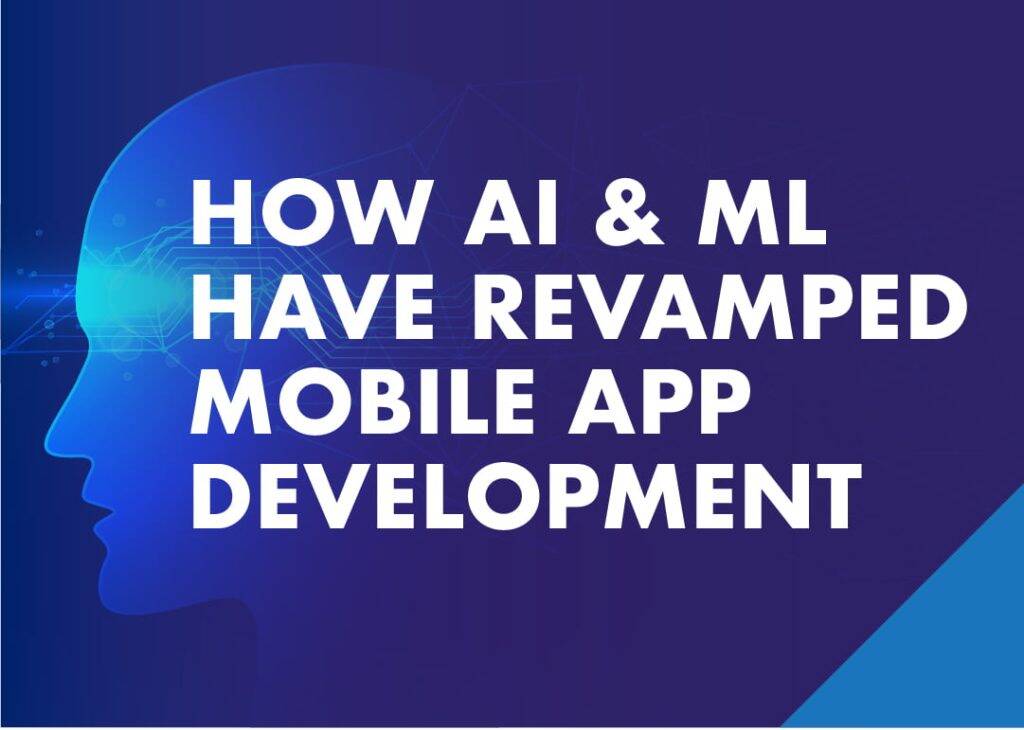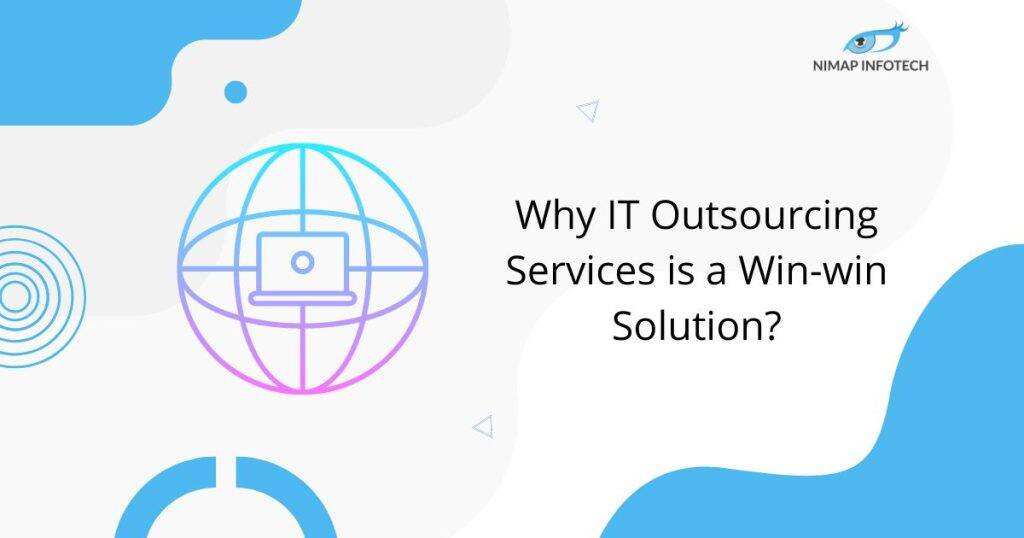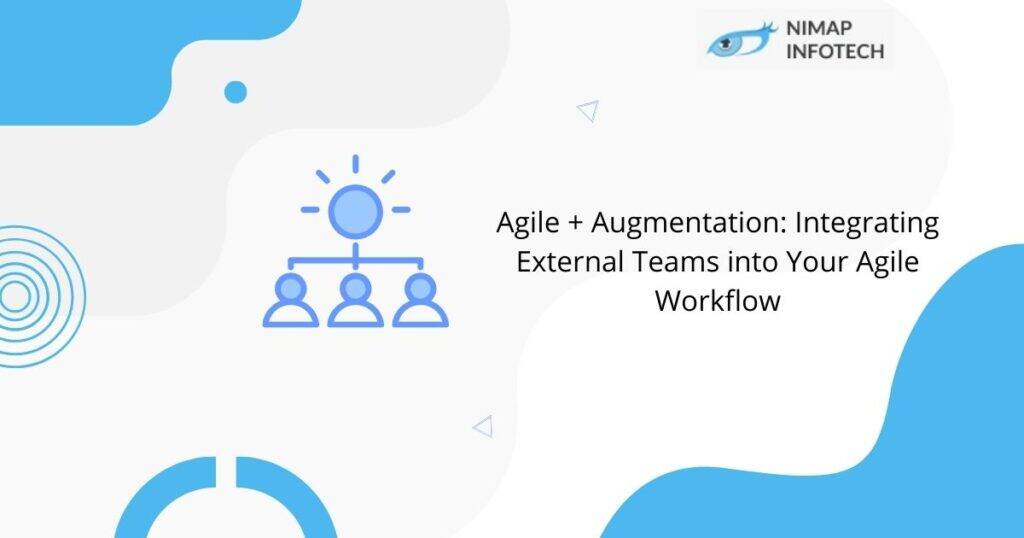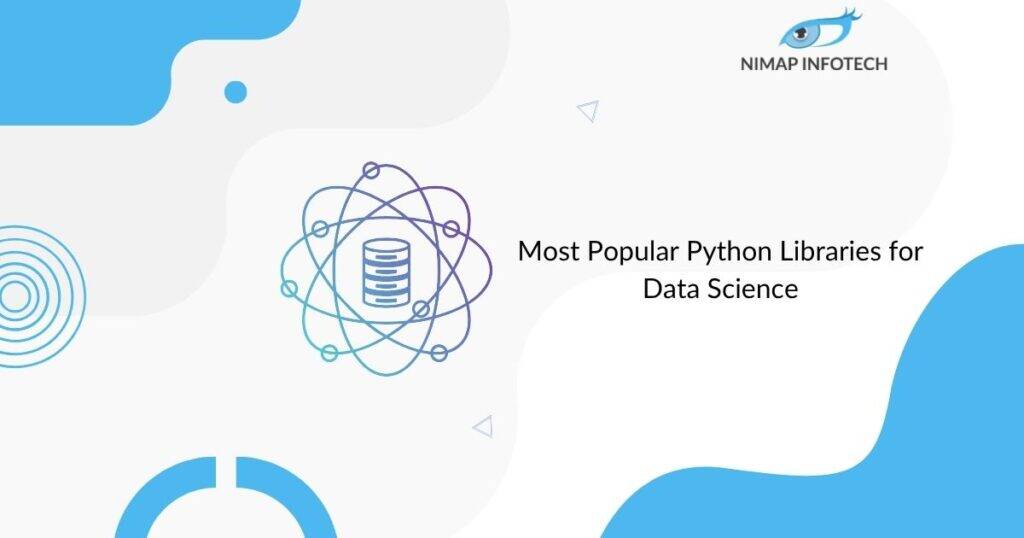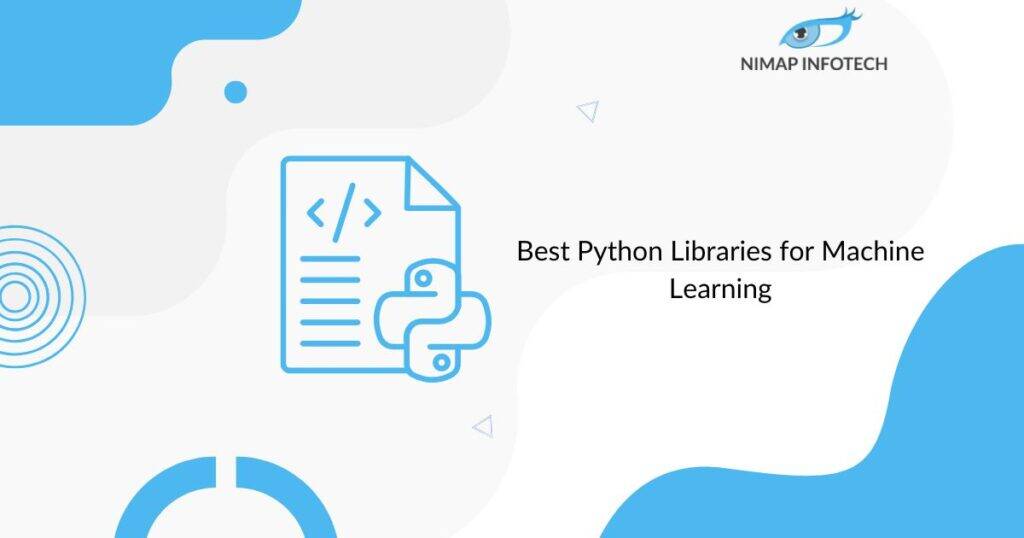[yasr_overall_rating] Over 352 people have rated [5/5]
Today every business that exists wants to create new customers as well as retain older ones using their mobile applications. In order to achieve this goal, the business should be able to fulfill the needs of its customers as well as their potential customers. This is the ultimate reason why mobile applications should always focus on providing discretion as well as interpretation of the business and the thought process that companies want to place in front of your users.
Why does a download and install mobile applications is being dedicated towards a business purpose when almost everything is made available at Google Search?
This is known as the classical form of data collection that has now been converted into a sincere mobile application that is dedicated and caters towards the needs of the user, and that it simultaneously puts emphasis on the minds of the customers.
From Artificial Intelligence to Machine Learning, the struggle to make smart mobile applications has now reached extremes
However, it has been strange that the application developed for mobile users acts as arbiters of mobile technology. While this can sound as a key, but Artificial Intelligence and Machine Learning have an upper advantage in converting mobile applications into gold mines for users of these applications recently.
The use of Machine Learning and Artificial Intelligence technologies has now charged up the evolution, creation as well as the usage of this kind of mobile applications.
In this article, we will discuss how Artificial Intelligence and Machine Learning has revamped the mobile application development scenario for these days. Let us consider some major concepts that are involved in this as mentioned below.
Artificial Intelligence:
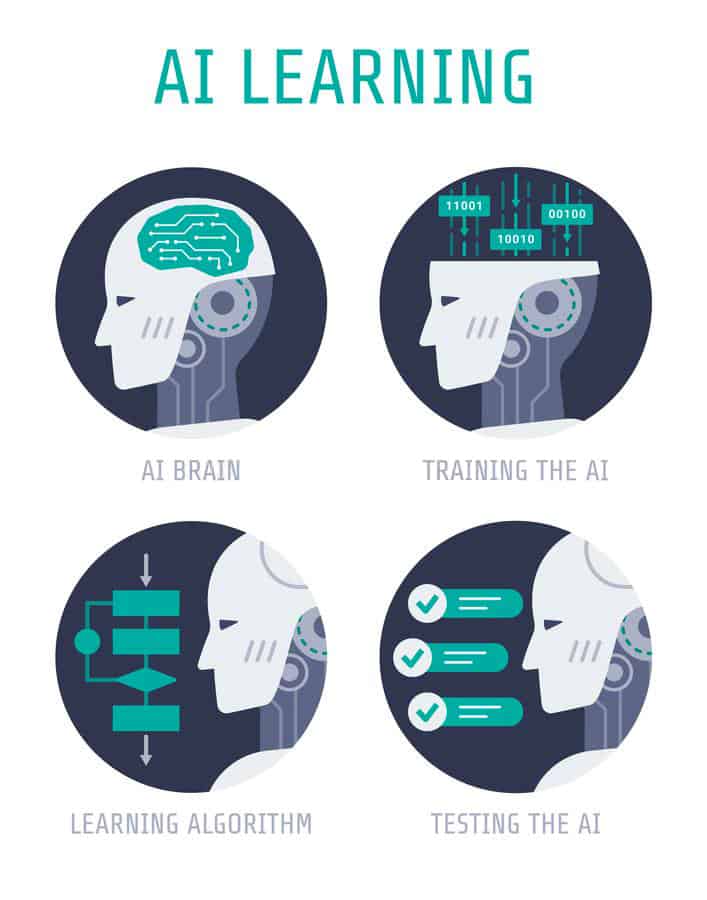
This technology enables computers to work as human beings. It is able to facilitate tasks that would normally require human interaction such as voice recognition, decision-making, visual perception and translation between languages.
Machine Learning:

This technology involves educating computer systems to recognize patterns in data the way human brains understand them.
Deep Learning:
It can be understood as a way to make neurons to understand how to solve a particular programming problem.
Logistic Regression:
This involves modeling a binomial result using one or more explanatory variables.
Linear Regression:
This implies using the linear relationship between individual input variables.
Now, let’s discuss how ML and AI have innovated, perceived and eventually transformed mobile application development:
Read More: Difference Between Artificial Intelligence And Machine Learning
Trend Forecasting:
AI and ML have helped mankind to forecast the trends happening in the digital media age. AI filters that are enabled in smartphones has helped applications to forecast the weather. Fun filters have helped to animate the 2D Photos in the image gallery, detect the customer’s face, locate facial features, add filters and many more.
Some more important features about ML includes evaluation of real estate, offering customers a virtual tour, and informing customers about various configurations with augmented reality and making relevant purchase decisions.
Security/ Fast authentication:
Facial, as well as fingerprint sensors, are enabled with AI functionality that helps in order to determine the essential security functions with applications. These measures may include the facial recognition of images, estimation of shipping costs, automation for product labelling, logistics optimization, portfolio management, and commercial intelligence. Examples of applications that use these technologies are Star of Zoom session, BioID and so on.
Predicting User Behaviour:
ML has helped marketers understand the personal preferences of users and customers and the purchase patterns of customers. Then they are recommended products and services that they are most likely to purchase based on their past search behavior, purchase history, and last-minute purchases.
These recommendations are based on the customer’s age, gender, location, search frequency, and the frequency of app usage. For example Youboox, Qloo, and JJFoodservice.
Advanced Searching:
From the optimization of using search in the application in order to provide clear as well as relevant results that are contextual and intuitive, customers are able to stay connected and keep interested in the application for longer duration of time. The cognitive approach helps to group articles, scripts, documents as well as frequently asked questions, and videos and graphics to provide immediate and intelligent answers to searches being performed.
Personalization:
Machine Learning can help to identify and group users according to their needs from mobile applications. It can be useful in order to gather and use the information and make a decision about how the application looks like. ML can be used easily to determine the following:
What are your requirements?
Who is your target audience for your application?
How much can they pay?
Is there a pain point that the app can solve?
Structuring clients and finding the right approach in order to meet their needs by providing relevant content for their applications thus making the application to solve customer needs is the objective of mobile application development.
Recommended Reading: Ways to select the best technology stack for mobile development
Conclusion:
Mobile application development has got a new playground that is enhanced by the capabilities of Machine Learning and Artificial Intelligence. ML and AI have empowered the mobile application market with enough customization features that make apps more useful, efficient as well as effective.
If you’re looking to hire Mobile app developers such as android app development for your company project then do contact us with your requirements at enquiry@nimapinfotech.com. We have experienced and talented developers ready to onboard your app development project.
Author
-

Sagar Nagda is the Founder and Owner of Nimap Infotech, a leading IT outsourcing and project management company specializing in web and mobile app development. With an MBA from Bocconi University, Italy, and a Digital Marketing specialization from UCLA, Sagar blends business acumen with digital expertise. He has organically scaled Nimap Infotech, serving 500+ clients with over 1200 projects delivered.
View all posts

